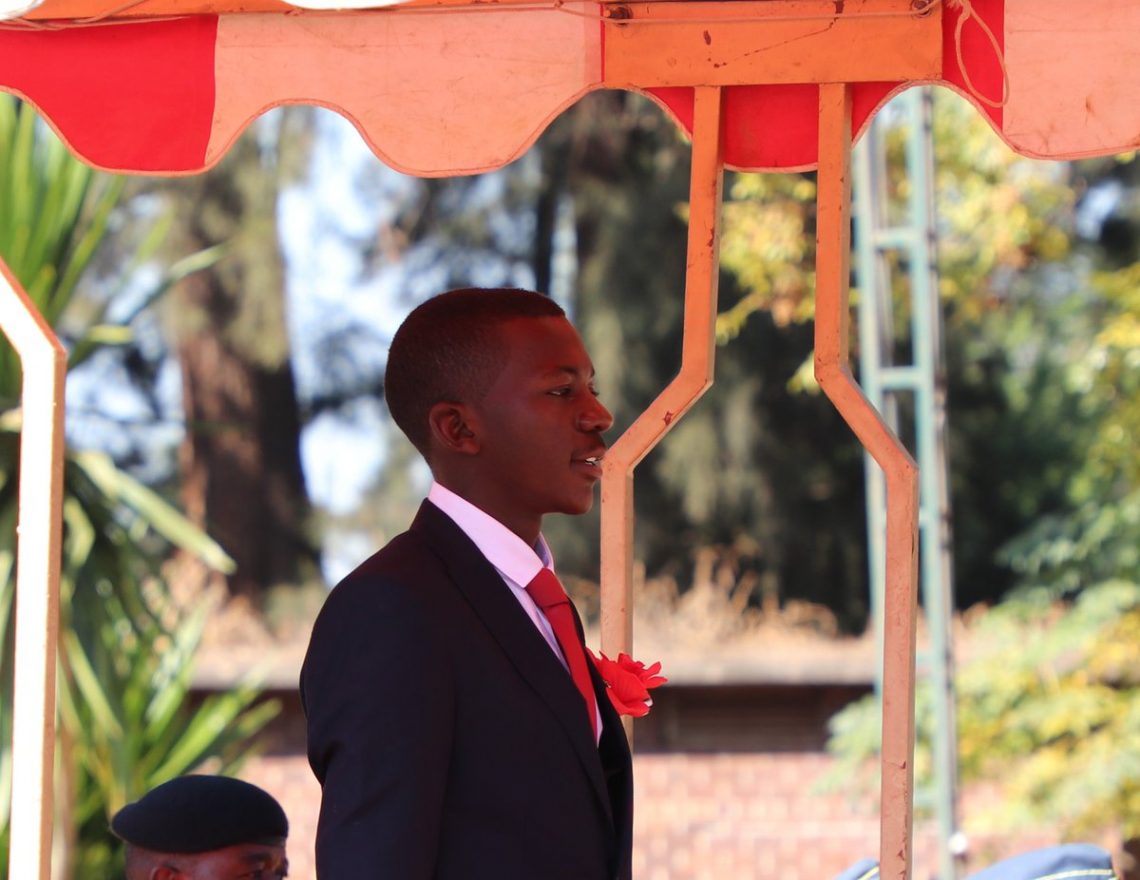UNICEF Zimbabwe has commended the Government of Zimbabwe and the leadership of the main opposition party, MDC Alliance, for remembering the Day of the African Child; for committing to its theme to “Leave no Child Behind in African Development” and to ensure that all children in Zimbabwe get access to quality basic social services.
Speaking at the Opening of the 26th Session the Zimbabwe Junior Parliament, in Harare, the incoming Junior President, Innocent Chikwanda, highlighted the progress made so far by the country in improving the welfare of children in health, education, protection, climate change and protection. He, however, called on all players to fight against the challenges still bedeviling Zimbabwe’s children. “We have communities which are still lagging behind in terms of social services such as schools, health facilities and the like. We are still to reach everyone with ICT in schools, electricity, water and we have children with disability who still face discrimination.”
During the debate section, the Junior Parliament called upon sign language, which is one of the 16 languages in the Constitution, to be a subject taught in school to create inclusivity; for Government to capacitate schools in the rural areas to be able to access ICT equipment in line with the new curriculum; to end child marriage; to increase access to quality health care and to support menstrual hygiene management in schools.
UNICEF Representative, Dr. Mohamed Ag Ayoya called upon Government to provide access to quality education for all children and for Zimbabwe’s adolescents to have the same skill development opportunities as those in rich countries. “UNICEF is committed to delivering for all children and adolescents. We want every young person to be in school, learning, training or employed by 2030,” he said. “To achieve this, more young people must be in education, they must have opportunities to develop the skills for learning, employment, personal empowerment, leadership and resilience. And they need more opportunities – like this event – to share their views and opinions.”
UNICEF was pleased by calls from all to ensure that children are safe during the election period and that their learning is not disrupted especially through attendance of political rallies. It urges Zimbabweans to protect children as the country heads towards the harmonised elections in July.
The Day of the African Child commemorates the 1976 march in Soweto South Africa, when thousands of African school children took to the streets to protest the inferior quality of their
education and to demand their right to be taught in their own language. Hundreds of young boys and girls were shot down and in the two weeks of protest that followed, more than a hundred people were killed and more than a thousand injured. To honour the memory of those killed and the courage of all those who marched, the Day of the African Child has been celebrated on 16 June every year since 1991, when it was first initiated by the Organization of African Unity.
